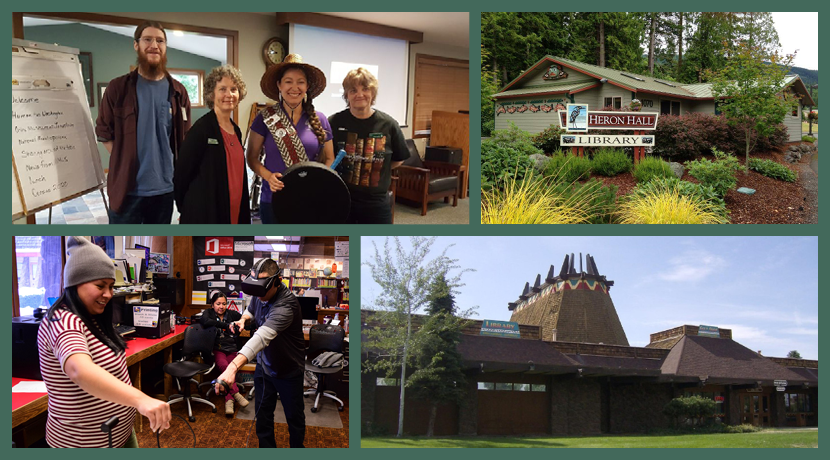
SIX WASHINGTON TRIBES RECEIVE AMERICAN RESCUE PLAN GRANTS
Congratulations to six Washington tribes that received American Rescue Plan (ARP) Act grants through the Institute of Museum and Library Services (IMLS)!
In October 2021, IMLS announced it has awarded over $15.2 million in ARP grants to institutions across the country to support native communities, museums, and libraries that are recovering from the coronavirus pandemic.
The six Washington tribes include:
Colville ($50,000)
The Confederated Tribes of the Colville Reservation in Nespelem is planning to provide trusted spaces and deliver programs and services to families, groups, and individuals of all cultural and socioeconomic backgrounds.
The community will engage in dialogue that will foster post-pandemic recovery and rebuilding, and will replace flooring, update lighting, repair walls, and work with residents to create a community-based mural in each of the Colville Public Libraries locations. This project also will establish technology resource centers with up-to-date computers, internet access, and machines for printing, copying, scanning, and faxing, and provide a home for events and programming that will help community members’ mental well-being.
Jamestown S’Klallam ($49,194)
The Jamestown S’Klallam Tribe in Sequim will increase awareness of and expand access to its collections that tell the history of the Jamestown S’Klallam people. The tribal librarian will catalog six archaeological collections including nearly 200,000 artifacts, most of which are currently unavailable to the public in physical form. The librarian will cross-reference about 1,500 of the items with their digital representations in the House of Seven Generations, the tribe’s virtual museum and archive.
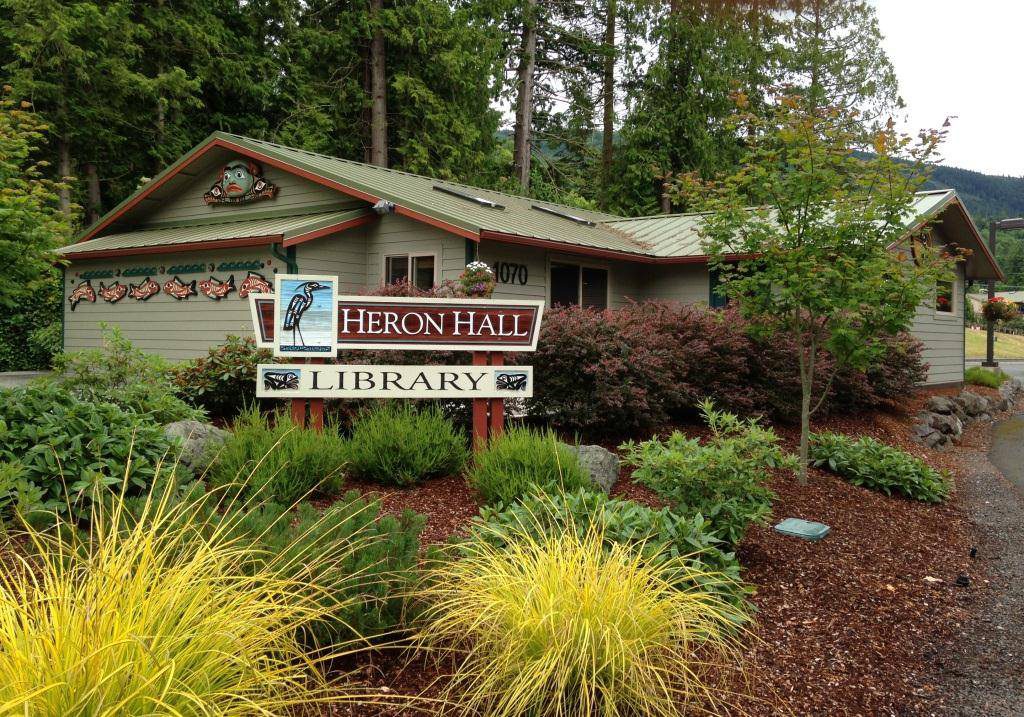
This collection-digitization project will provide remote public access to the collection during the pandemic and increase the Jamestown S’Klallam Tribe’s physical and intellectual control of its collections. The tribe will organize an online event showcasing the collection, as well as guided tours of the physical archives for tribal members.
“The Jamestown S’Klallam Tribal Library is grateful to receive this grant. We will be able to ‘connect the dots’ by cataloging our physical items in the archives and cross-referencing them to their digital representations,” said Bonnie Roos, Tribal Librarian, Jamestown S’Klallam Tribal Library. “This merges the work we started previously in both IMLS and Washington Digital Heritage grants. It’s so exciting to see all this work come together! háʔnəŋ st IMLS (We thank you IMLS)!”
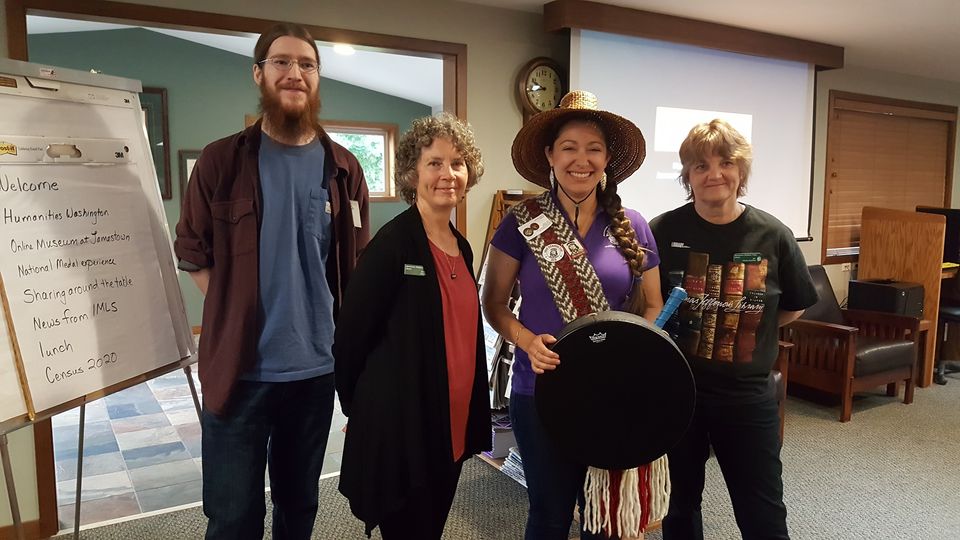
Makah ($49,501)
Language-learning opportunities slowed during the pandemic due to the health order that for over a year restricted indoor gatherings, school attendance, and other gatherings outside of family pods.
To assist with recovery for the Makah community, the Makah Cultural and Research Center in Neah Bay will enhance stewardship of archival collections by digitizing analog tapes and creating access tools for collections. Increased staff skills will be demonstrated by proficient use of the EUDICO Linguistic Annotator (ELAN) open-source software. An increase in Makah language-speakers will be demonstrated by an upsurge in tribal members speaking the Makah language on a daily basis.
Nooksack ($27,638)
The Nooksack Tribal Library in Deming will purchase a year’s subscription for seven ProQuest research databases for its computers. These databases help enhance small libraries’ ability to provide a service that contributes to the learning and well-being of students, families, and individuals from all backgrounds. The databases particularly support the creation and delivery of online and in-person educational opportunities for learners of all ages.
Having access to these new library resources will help students learn how to research and use databases properly, in a way that is no longer limited by the school shutdowns caused by the pandemic.
Squaxin ($24,300)
Due to the pandemic there has been an increased demand for online access to collection materials. The Squaxin Island Museum, Library and Research Center in Kamilche will digitize existing museum materials into easily accessible online content.
The goal will be to make these teachings available to the community, as well as provide resources and outreach — including events, classroom gatherings, home visits, and individual training — to educate a broader audience in using the materials.
Yakama ($50,000)
The Yakama Nation Library in Toppenish will expand its capability to provide internet connectivity for tribal community members who do not have access at home. The library will hire a technology review consultant to conduct a site survey so it can plan and evaluate the best approach for implementing the expanded internet project and sustaining a robust online environment.
The library also plans to expand Wi-Fi access by purchasing upgraded equipment that enables faster and broader connectivity. Existing TV White Space equipment will provide Wi-Fi to nearby tribal community-housing areas and buildings. The project will assist with COVID-19 recovery by filling internet access gaps that are essential for education, employment, and health-related needs.
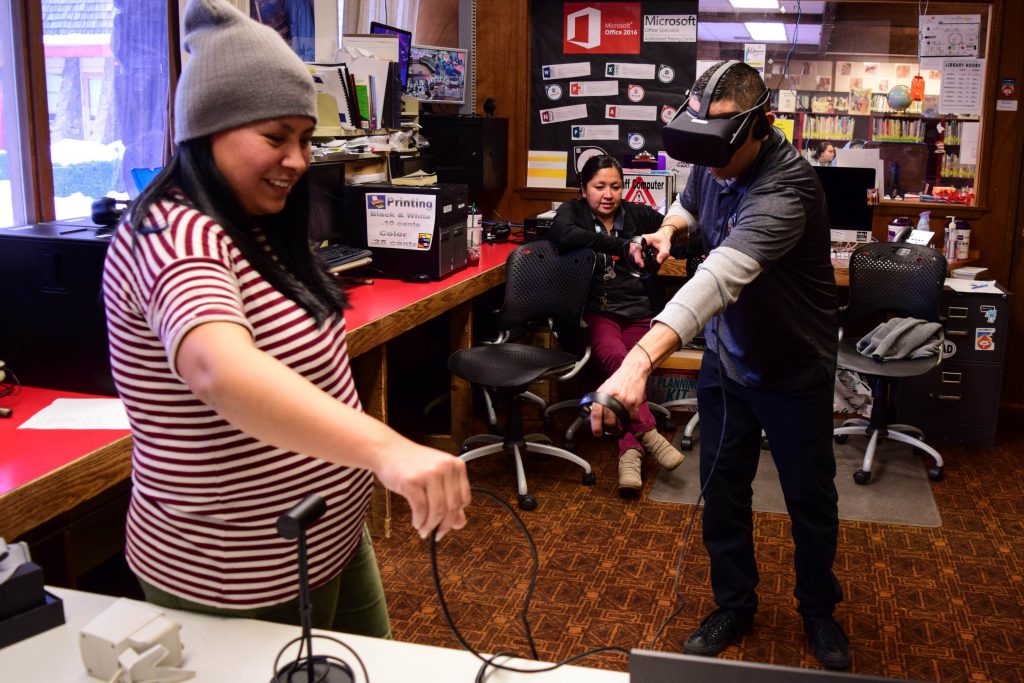
“The Yakama Nation Library is very pleased and excited to receive this award. The funds will help us continue to implement digital inclusion efforts for our community by providing a stable, reliable internet connection, and expanded Wi-Fi reach using TV White Space,” said Merida Kipp, Library Administrator, Yakama Nation Library. “This project would not be possible without the flexibility that IMLS outlined for these funds. Each tribal library is unique, and we appreciate that IMLS understands that. Yakama Nation says Kw’ałanúushamash! (Thank You!)”
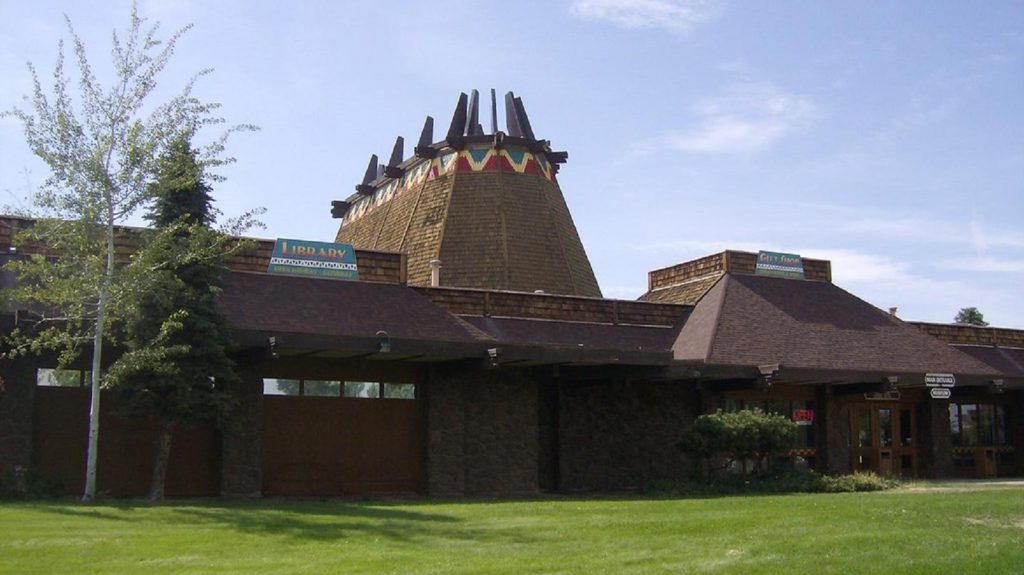
“The Institute of Museum and Library Services’ American Rescue Plan grants help ensure that tribal communities and libraries have the resources and bandwidth they need during these challenging times,” said Washington State Librarian Sara Jones. “These awards play a critical role in helping to preserve, enhance, and increase the cultural richness and diversity of our state.”
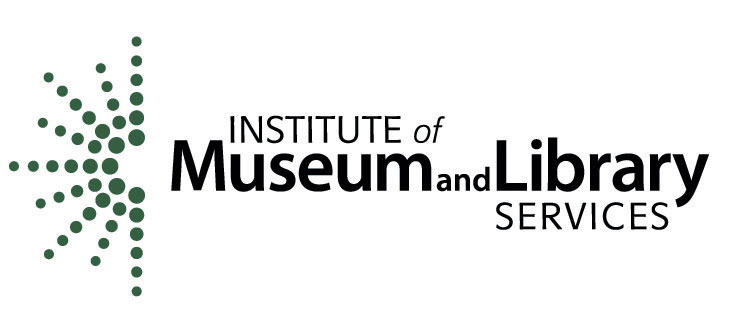
About the Institute of Museum and Library Services
The Institute of Museum and Library Services is the primary source of federal support for the nation’s libraries and museums. We advance, support, and empower America’s museums, libraries, and related organizations through grantmaking, research, and policy development. Our vision is a nation where museums and libraries work together to transform the lives of individuals and communities. To learn more, visit www.imls.gov and follow us on Facebook and Twitter.